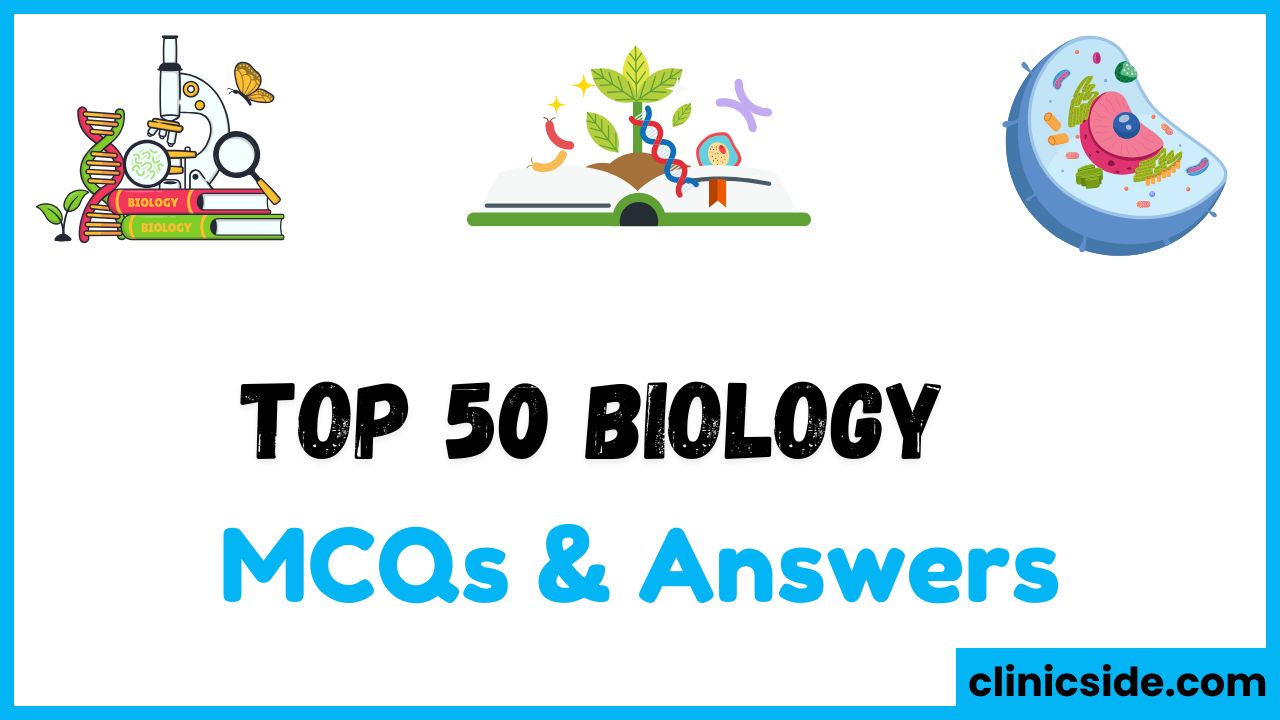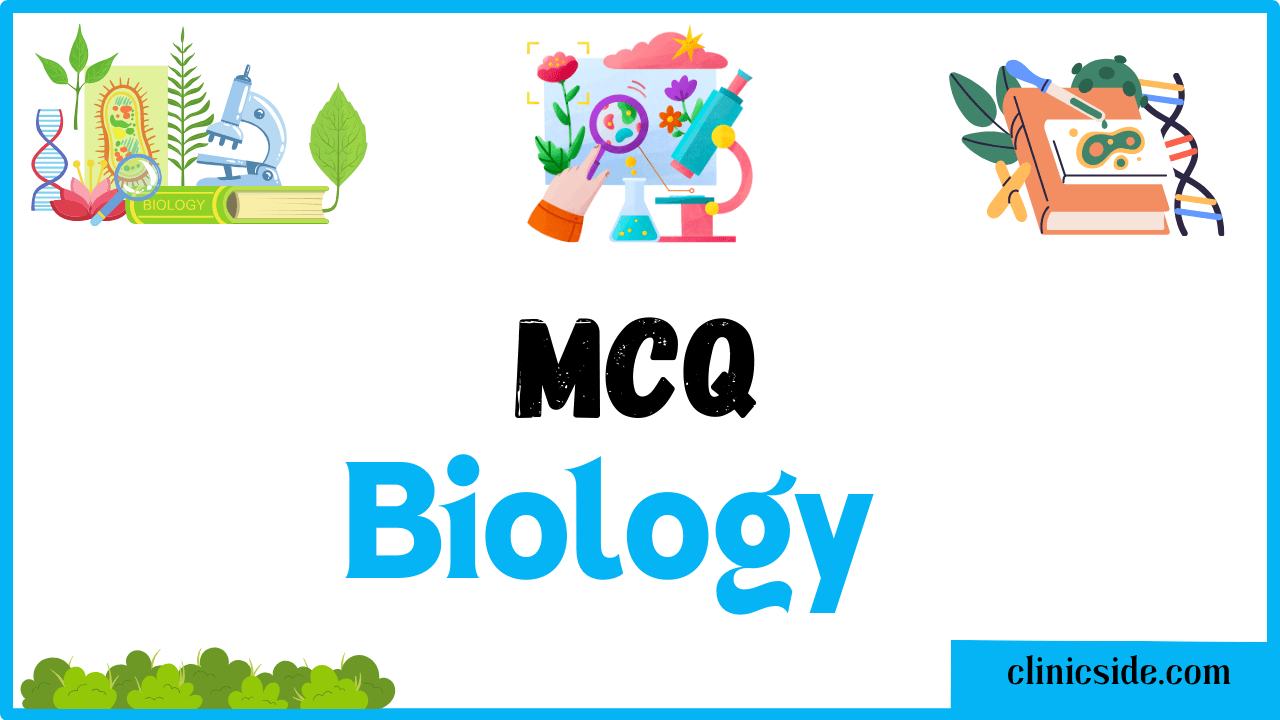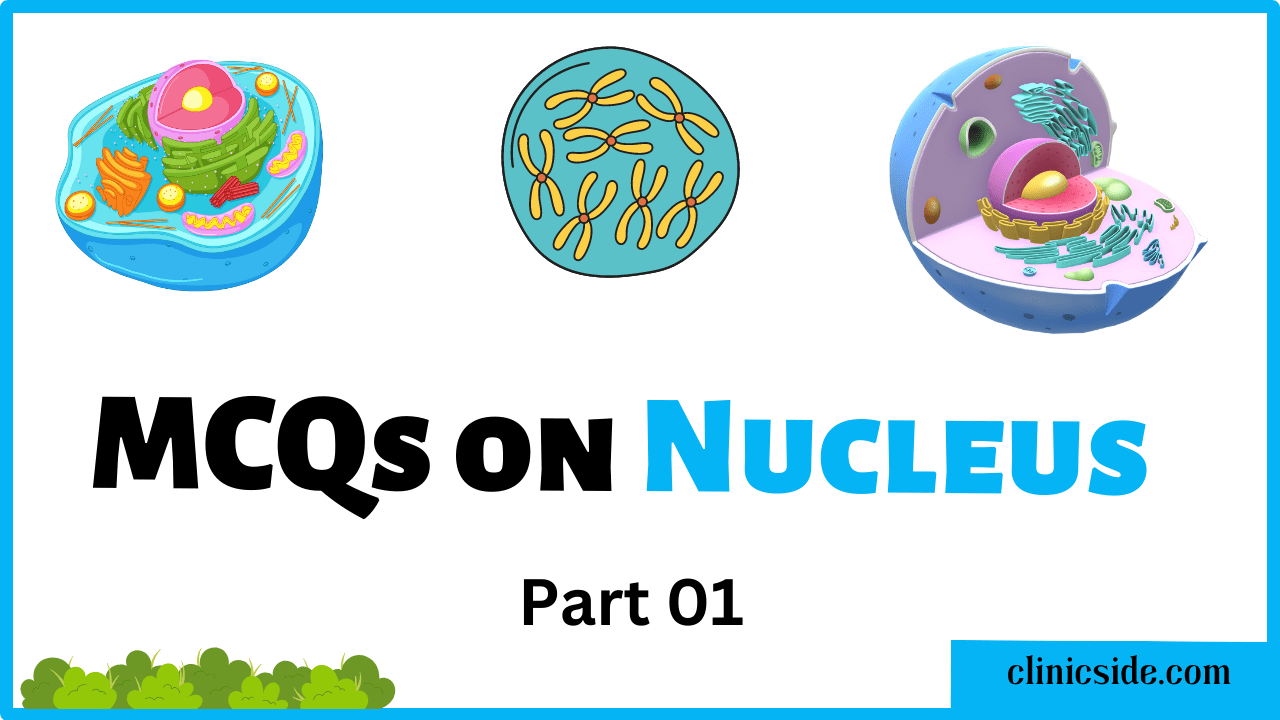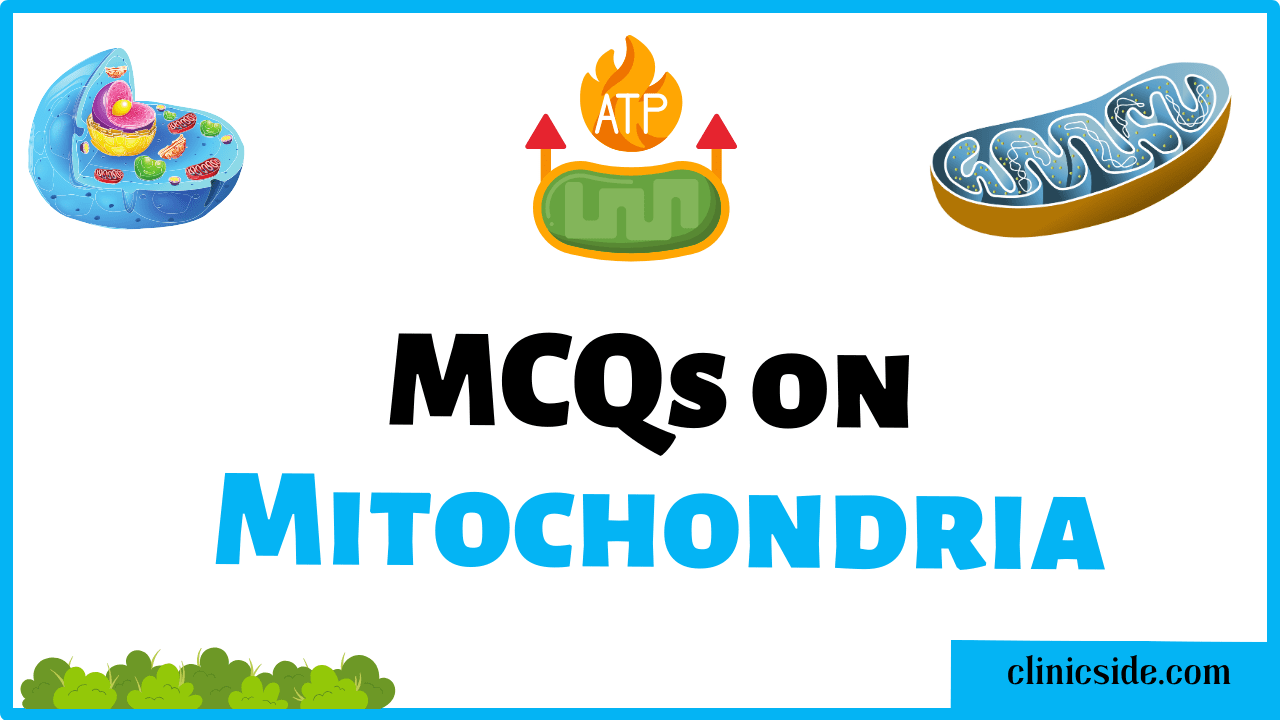Quiz
Available options: 1 to 50
Pre-Quiz Discussion: General Information on Biology
Biology is the study of life and living organisms, encompassing a wide range of topics that explain the processes and systems that sustain life. Here’s an overview of essential biology concepts to help you revise before the quiz:
What is Biology?
Biology is the scientific study of life, from microscopic cells to large ecosystems. It helps us understand the structure, function, growth, origin, evolution, and distribution of living organisms.
Key Areas of Biology
The Cell – The Building Block of Life
All living organisms are made up of cells.
There are two main types:
Prokaryotic Cells: Simple cells without a nucleus (e.g., bacteria).
Eukaryotic Cells: Complex cells with a nucleus (e.g., plant and animal cells).
Important organelles include:
Nucleus: Stores genetic material (DNA).
Mitochondria: Produces energy through cellular respiration.
Chloroplasts (in plants): Site of photosynthesis.
Ribosomes: Synthesize proteins.
Classification of Living Organisms
Biology categorizes organisms based on shared characteristics. The main groups are: Kingdoms: Animals, Plants, Fungi, Protists, and Monera (Bacteria).
Binomial Nomenclature
A system developed by Carl Linnaeus to name species using two terms: genus and species (e.g., Homo sapiens).
Genetics – Heredity and Variation
Genes: Units of heredity made up of DNA.
DNA: Contains the instructions for building and functioning of the body.
Inheritance: Traits are passed from parents to offspring through chromosomes.
Human Body Systems
Circulatory System: Pumps blood through the body (heart, blood vessels).
Digestive System: Breaks down food for energy and nutrients.
Respiratory System: Facilitates oxygen intake and carbon dioxide release.
Nervous System: Controls and coordinates body functions (brain, spinal cord, nerves).
Plants and Photosynthesis
Plants are autotrophs; they produce their own food through photosynthesis.
Key Ingredients for Photosynthesis: Carbon dioxide, water, and sunlight.
Outputs: Glucose and oxygen.
Transport of water and nutrients is carried out by xylem and phloem.
Infectious Diseases
Caused by pathogens like bacteria, viruses, and fungi.
Immune System: Protects the body from diseases.
Vaccines: Help prevent diseases by building immunity.
Microorganisms
Beneficial microorganisms include:
Bacteria: Used in making yogurt and medicines.
Fungi: Help decompose organic matter.
Harmful microorganisms can cause diseases like flu, tuberculosis, and malaria.
Evolution and Adaptation
Charles Darwin’s Theory of Evolution: Explains how species adapt and evolve over time due to natural selection.
Adaptations are changes in an organism that help it survive in its environment.
Tips for the Quiz
Focus on the core concepts outlined above.
Use examples to remember facts (e.g., mitochondria is the powerhouse of the cell).
Revise the definitions of terms like photosynthesis, DNA, and ecosystems.
Good luck with your quiz preparation! 🚀






Thank you for the good writeup It in fact was a amusement account it Look advanced to far added agreeable from you